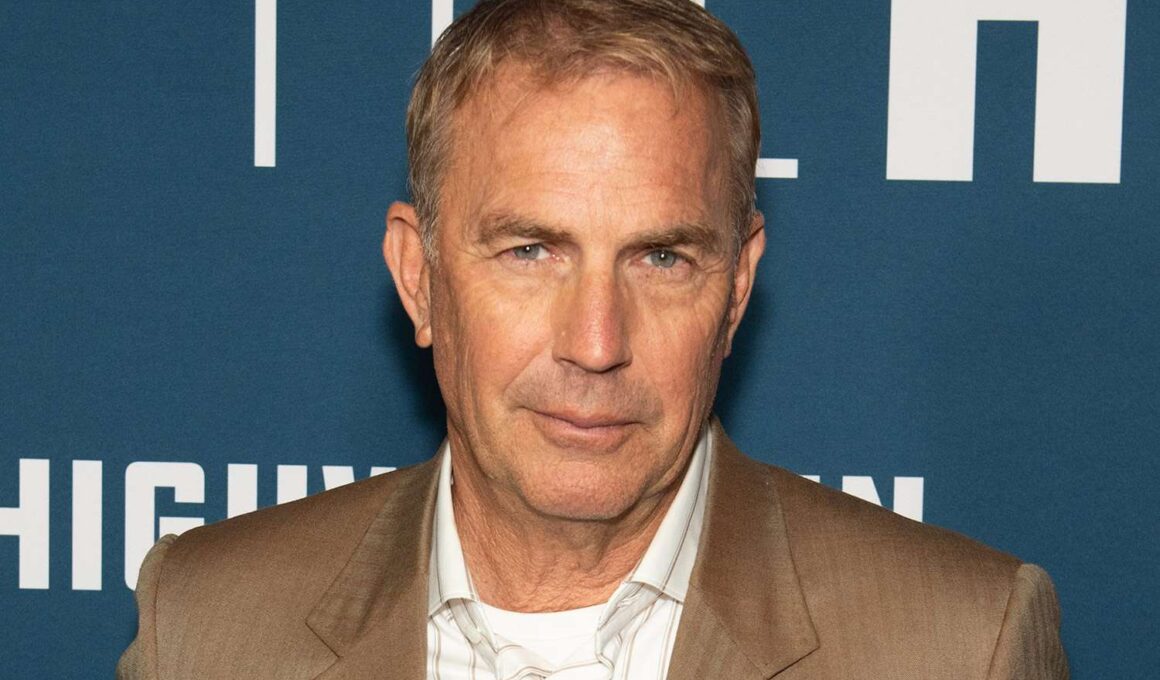There’s something undeniably admirable about an actor who’s willing to stake everything on their artistic vision, even when the odds are stacked against them. Kevin Costner is no stranger to that gamble. Throughout his career, he has taken massive creative and financial risks—sometimes reaping great rewards, other times facing brutal consequences. But if there’s one thing that remains constant, it’s his unwavering belief in his own storytelling.
In the late 1980s and early 1990s, Costner was Hollywood royalty. With a string of box-office hits and a reputation as a charismatic leading man, he seemed unstoppable. Seeking to cement his place in cinematic history, he took a bold leap—directing and investing in his own film.
That bet paid off handsomely. Dances with Wolves became a box-office smash, earning a staggering 12 Oscar nominations and taking home seven, including Best Picture and Best Director. It was the kind of success most filmmakers dream of. But as Costner would soon learn, lightning rarely strikes twice.
Emboldened by his triumph, he once again took control—directing, producing, starring in, and partially financing The Postman. However, the film was met with scathing reviews, a disastrous box office run, and a humiliating sweep of the Razzie Awards. The fallout was immediate. Practically overnight, Costner’s status as a bankable A-lister evaporated.
The years that followed weren’t kind to his career. Films like For Love of the Game, Thirteen Days, and 3000 Miles to Graceland struggled to break even, making it clear that his golden era had passed. Yet, despite the harsh reception, Costner never wavered in his defense of The Postman.
“Well, I always thought it was a really good movie,” he once told The Huffington Post. “I always thought I probably started it wrong. I should have said something like, ‘Once upon a time.’ Because it was just like a modern-day fairy tale, it wraps itself up with a storybook ending with the statue. So, I like the movie.”
He’s entitled to love it, even if the majority of audiences and critics didn’t. But what can’t be denied is how profoundly it impacted his career. After The Postman, major roles became scarce, and while he never fully disappeared, he was no longer the Hollywood powerhouse he once was.
A glimmer of redemption came with Hatfields & McCoys, earning him both a Primetime Emmy and a Golden Globe. But it wasn’t until Yellowstone that he truly clawed his way back into the spotlight, playing John Dutton in the hit series that reignited his career. Winning another Golden Globe, Costner seemed to have finally found stable ground.
And then, he did it again.
Leaving Yellowstone behind, he funneled millions into his passion project, Horizon, writing, directing, producing, and starring in the ambitious multi-film Western saga. The first installment flopped, casting doubt over the fate of the franchise and leaving Costner facing yet another uphill battle.
If history has shown us anything, it’s that Kevin Costner is undeterred by failure. Whether his relentless pursuit of his artistic vision is admirable or reckless depends on who you ask—but one thing is certain: he’ll always bet on himself, no matter the cost.






